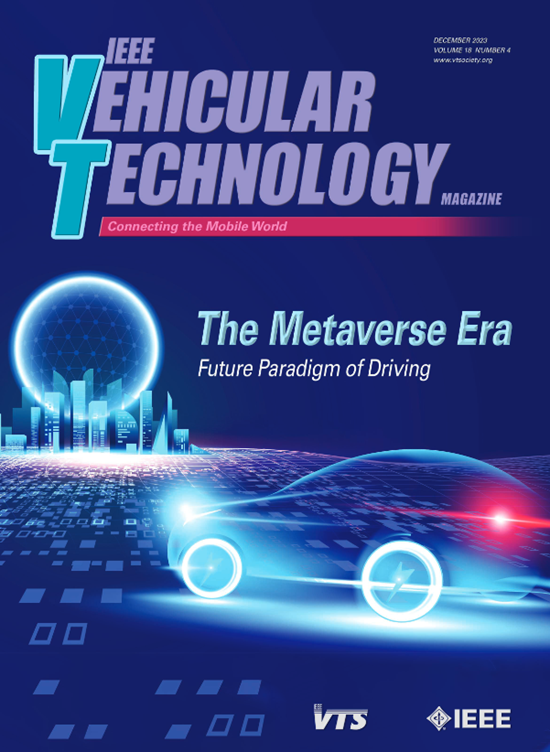面向全球互联的空中基站:是一个可行可靠的解决方案吗?
IF 5.8
2区 计算机科学
Q1 ENGINEERING, ELECTRICAL & ELECTRONIC
引用次数: 0
摘要
本文章由计算机程序翻译,如有差异,请以英文原文为准。
Aerial Base Stations for Global Connectivity: Is It a Feasible and Reliable Solution?
Even though achieving global connectivity represents one of the main goals of 5G and beyond wireless networks, exurban areas are still suffering frequent outages because of the lack of proper telecom infrastructures, which are often available only in urban areas. Indeed, cellular network design is usually capacity driven, and thus the densities of base stations (BSs) follow mostly population and especially revenue densities. Contextually, we focus on one of the most promising solutions to provide sufficient and reliable coverage in far-flung areas: aerial base stations (ABSs), which consist of unmanned aerial vehicles (UAVs) carrying cellular BS equipment. In this article, we extensively discuss the problem of bridging what is called the urban–rural digital divide (i.e., the connectivity gap between urban and rural areas) from various perspectives. First, we showcase various alternative solutions and compare conventional terrestrial networks with aerial networks from a techno-economic point of view. Then, we highlight the topological aspects of rural environments and explain how they can affect the actual design of cellular networks. In addition, we investigate both the coverage probability and the reliability of the communication links via simulations, proving that the integration of ABSs can be quite promising in a 6G perspective. Finally, we propose two original extensions of our case study as open problems.
求助全文
通过发布文献求助,成功后即可免费获取论文全文。
去求助
来源期刊

IEEE Vehicular Technology Magazine
ENGINEERING, ELECTRICAL & ELECTRONIC-TELECOMMUNICATIONS
CiteScore
14.10
自引率
1.20%
发文量
66
审稿时长
>12 weeks
期刊介绍:
IEEE Vehicular Technology Magazine is a premier publication that features peer-reviewed articles showcasing advancements in areas of interest to the IEEE Vehicular Technology Society. Our scope encompasses theoretical, experimental, application, and operational aspects of electrical and electronic engineering relevant to motor vehicles and associated land transportation infrastructure. This includes technologies for terrestrial mobile vehicular services, components, systems, and auxiliary functions within motor vehicles, as well as components and systems used in both automated and non-automated facets of ground transport technology. The magazine focuses on intra-vehicular components, systems, and applications, offering tutorials, surveys, coverage of emerging technology, and serving as a platform for communication between the IEEE VTS governing body and its membership. Join us in exploring the latest developments in vehicular technology.
 求助内容:
求助内容: 应助结果提醒方式:
应助结果提醒方式:


